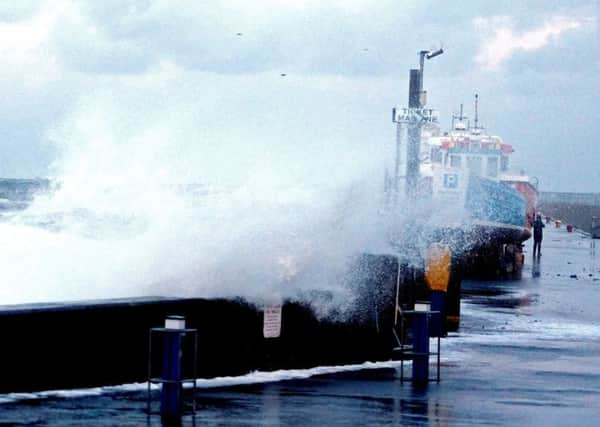Seahouses, Probus


Secretary Fraser Suffield, in giving apologies for absence, suggested it might be easier to read a list of those present as so many were not able to attend, due to illness. He pointed out that new lists of members and the calendar of next years’ speakers were available to collect. Treasurer Forbes Grant gave a short report that funds were healthy and the bill for the annual lunch had been paid.
The president then introduced the speaker, Andrew Griffin, who was giving an insight into the history of the Delaval family of Seaton Delaval.Andrew started with a short history of Seaton Sluice and its significance to the Delavals.
Advertisement
Hide AdAdvertisement
Hide AdThe small port has its inlet at Colleywell Bay and was used to export salt from the Hartley Pans around 1550. The entrance was so awkward that Thomas Delaval, who was educated in Germany, brought German engineers to blast a new passage for small cargo vessels. This was in 1764 when the Delavals were exporting coal from 17 pits in the area.
In 1763 they opened the Hartley bottle works, employing 24 glassblowers and manufacturing 1.75 million bottles a year.
The Delaval family came from France with William the Conqueror and were given land “in the North” for their services.
The family had a chequered history over the centuries and one of the interesting phases came in the mid 1700s when Francis Blake Delaval inherited Ford estate from his mother. A curse stated that while the Delavals owned both the Delaval and Ford estates no male would die peacefully in his bed.
Advertisement
Hide AdAdvertisement
Hide AdIn 1769 Francis died after falling down the steps at Delaval Hall. His eldest son Francis died after a wild bout of eating and drinking. Of the later Delavals, Thomas fell from a horse, Robert and Henry died in battles overseas, George was drowned at sea and Ralph was killed in an earthquake in Lisbon.
In 1814, Edward Delaval survived the curse and died in bed, the Ford estate having passed from the family.
In an apt ending to the talk Delaval Hall was destroyed by fire in 1822.